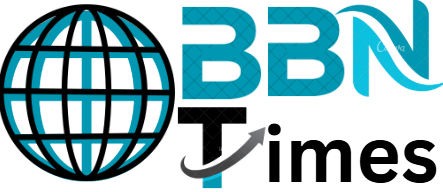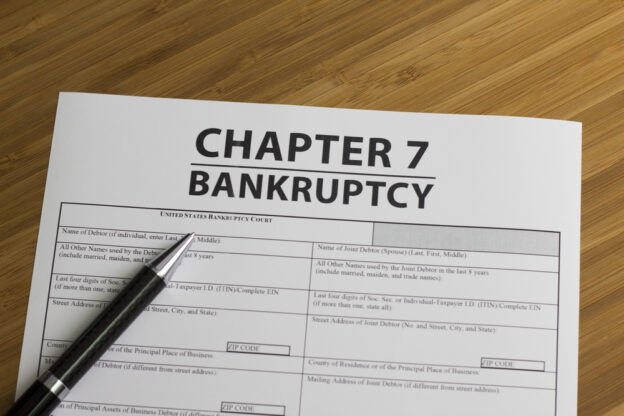Chapter 7 bankruptcy, also known as liquidation bankruptcy, is a type of bankruptcy filing that allows individuals or businesses to discharge most of their debts by liquidating their non-exempt assets. In this article, we will provide an in-depth look at Chapter 7 bankruptcy, including its benefits, drawbacks, eligibility requirements, and the process of filing.
What is Chapter 7 Bankruptcy?
Chapter 7 bankruptcy is a federal court process that allows debtors to eliminate most of their debts by surrendering their non-exempt assets to a trustee, who then sells the assets and distributes the proceeds to creditors. In exchange, debtors receive a discharge of most of their debts, providing them with a fresh start.
Benefits of Chapter 7 Bankruptcy
- Quick Debt Relief: Chapter 7 bankruptcy can provide debt relief in as little as 4-6 months, allowing debtors to start rebuilding their financial lives quickly.
- No Repayment Plan: Unlike Chapter 13 bankruptcy, Chapter 7 does not require debtors to create a repayment plan, which can be beneficial for those who cannot afford to make monthly payments.
- Discharge of Most Debts: Chapter 7 bankruptcy can discharge most types of debts, including credit card debt, medical bills, and personal loans.
Drawbacks of Chapter 7 Bankruptcy
- Loss of Non-Exempt Assets: Debtors may lose some of their non-exempt assets, such as investments or second homes, to pay off creditors.
- Negative Impact on Credit Score: Chapter 7 bankruptcy can significantly lower credit scores, making it challenging to obtain credit in the future.
- Public Record: Bankruptcy filings are public records, which can be embarrassing for some individuals.
Eligibility Requirements
To be eligible for Chapter 7 bankruptcy, debtors must meet certain requirements:
- Means Test: Debtors must pass a means test, which compares their income to the median income in their state. If their income is below the median, they are eligible for Chapter 7. If their income is above the median, they may still be eligible, but they will need to complete additional paperwork.
- Credit Counseling: Debtors must complete a credit counseling course from an approved agency before filing for Chapter 7 bankruptcy.
- No Previous Filings: Debtors who have previously filed for Chapter 7 bankruptcy may not be eligible for discharge if they filed within the past eight years.
The Process of Filing for Chapter 7 Bankruptcy
- Gathering Documents: Debtors must gather all financial documents, including income statements, expenses, debts, and assets.
- Completing the Petition: Debtors must complete a bankruptcy petition, which includes a list of all creditors, assets, liabilities, income, and expenses.
- Filing the Petition: The petition is filed with the bankruptcy court, and a trustee is appointed to oversee the case.
- Meeting of Creditors: Debtors must attend a meeting of creditors, where creditors can ask questions about the debtor’s financial situation.
- Asset Liquidation: The trustee will liquidate non-exempt assets and distribute the proceeds to creditors.
- Discharge: After the liquidation process is complete, debtors receive a discharge of most of their debts.
Exempt vs. Non-Exempt Assets
In Chapter 7 bankruptcy, debtors are allowed to keep certain exempt assets, which vary by state. Exempt assets may include:
- Primary Residence: A certain amount of equity in a primary residence may be exempt.
- Retirement Accounts: Most retirement accounts are exempt from bankruptcy.
- Personal Property: Certain personal property, such as household goods and clothing, may be exempt.
Non-exempt assets, on the other hand, can be liquidated by the trustee to pay off creditors. These may include:
- Investments: Stocks, bonds, and other investments are typically non-exempt.
- Second Homes: Second homes or vacation homes may be non-exempt.
- Luxury Items: Luxury items, such as expensive jewelry or artwork, may be non-exempt.
Frequently Asked Questions
- Will I Lose My Home?: It depends on the amount of equity in the home and the state’s exemption laws.
- Can I Keep My Car?: It depends on the value of the car and the state’s exemption laws.
- Will I Have to Go to Court?: Debtors typically only need to attend a meeting of creditors, but in some cases, they may need to appear in court.
Conclusion
Chapter 7 bankruptcy can provide a fresh start for individuals and businesses overwhelmed by debt. While it has its drawbacks, the benefits of quick debt relief and discharge of most debts can be significant. If you’re considering Chapter 7




